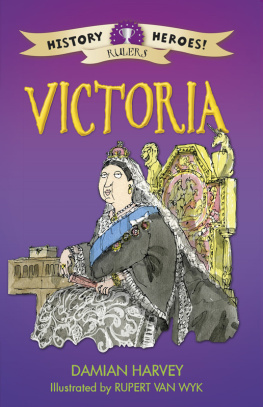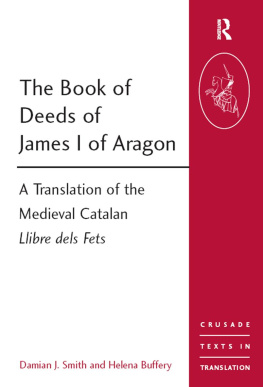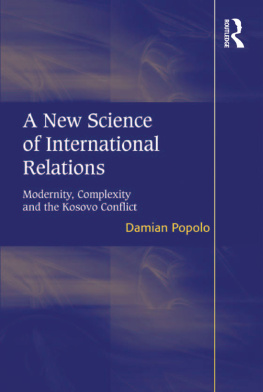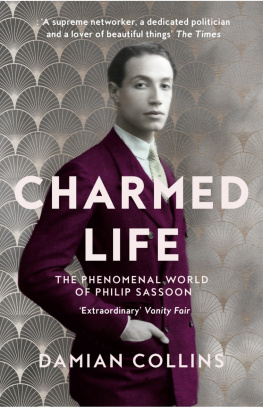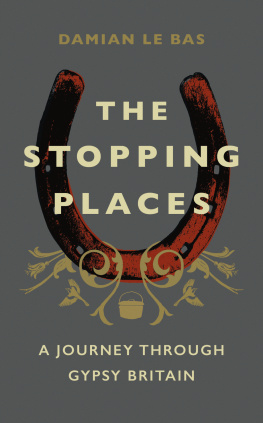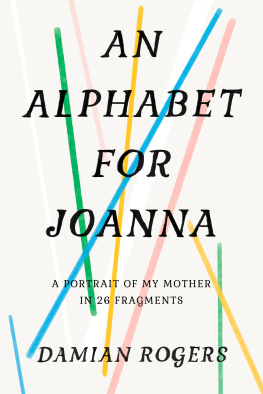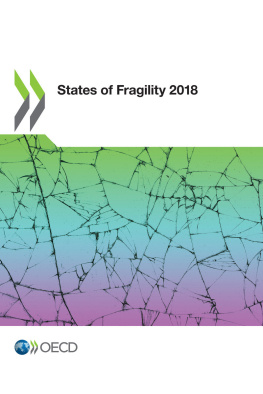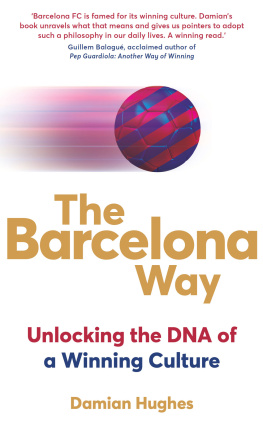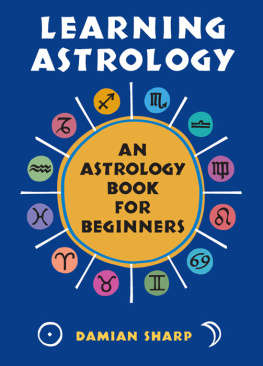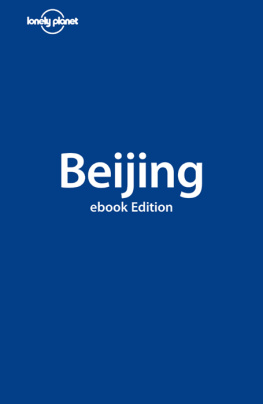Integrity and the Fragile Self
DAMIAN COX
University of Queensland, Australia
MARGUERITE LA CAZE
University of Queensland, Australia
and
MICHAEL P. LEVINE
University of Western Australia, Australia
Baruch College (City University of New York), USA
First published 2003 by Ashgate Publishing
Reissued 2018 by Routledge
2 Park Square, Milton Park, Abingdon, Oxon OX14 4RN
711 Third Avenue, New York, NY 10017, USA
Routledge is an imprint of the Taylor & Francis Group, an informa business
Copyright Damian Cox, Marguerite La Caze and Michael P. Levine, 2003
Damian Cox, Marguerite La Caze and Michael P. Levine have asserted their moral right under the Copyright, Designs and Patents Act, 1988, to be identified as the authors of this work.
All rights reserved. No part of this book may be reprinted or reproduced or utilised in any form or by any electronic, mechanical, or other means, now known or hereafter invented, including photocopying and recording, or in any information storage or retrieval system, without permission in writing from the publishers.
Notice:
Product or corporate names may be trademarks or registered trademarks, and are used only for identification and explanation without intent to infringe.
Publishers Note
The publisher has gone to great lengths to ensure the quality of this reprint but points out that some imperfections in the original copies may be apparent.
Disclaimer
The publisher has made every effort to trace copyright holders and welcomes correspondence from those they have been unable to contact.
Typeset by Tradespools, Frome, Somerset.
A Library of Congress record exists under LC control number: 2002021551
ISBN 13: 978-1-138-72487-7 (hbk)
ISBN 13: 978-1-315-19216-1 (ebk)
One should surely note that integrity is neither to be found among the Socratic nor the Christian virtues: it is one of the most recent virtues, not yet quite mature, often enough mistaken for another, and misunderstood, hardly conscious of itself something in the becoming, which we may either cultivate or restrain, according to our inclination.
(Friedrich Nietzsche, quoted in Wurzer, 1975: 236)
This book had its beginnings in a Tuesday evening philosophy discussion group in a Vietnamese restaurant in Perth and we wish to thank the members of that group. However, it also resulted from a common theme that appeared at some point in wide-ranging discussions among the three of us about academics, careers, relationships and politics. In one form or another, that theme was integrity and mostly a perceived lack thereof.
Although considerable common ground emerged as discussion proceeded in the following months, differences also had to be dealt with. Not all of us agree completely about everything in the book, but we do think it a better and quite different book than any of us could have written on our own. Working together on it has been a rare pleasure. Some of the chapters are a fully joint project, while others are primarily the responsibility of one of us. Nevertheless, we have each had our say throughout. Parts of were published in Integrity and Polities, Professional Ethics, 8: 2 (2000), pp. 3145.
We wish to thank Daniel Berthold-Bond, Bob Ewin, Alan Tapper, Amy Barrett-Lennard, Sarah Lloyd, Carol Mack, Tamas Pataki, Ted Roberts, Bill Taylor and The Department of Philosophy, Rhodes University. We also wish to thank Phil Dowe for demonstrating something important to us about what it is to act with integrity.
Be anything but a coward, a pretender, an emotional crook, a whore; Id rather have cancer than a dishonest heart. Which isnt being pious. Just practical. Cancer may cool you, but the others sure to. Oh, screw it, cookie hand me my guitar and Ill sing you a fada in the most perfect Portuguese. (Holly Golightly, in Capote, 1958: 77)
In of his Autobiography, A Crisis in My Mental History, John Stuart Mill, writing of his twenty-first year, describes what appears to be a classic case of a philosophically engendered problem about the meaning of his life.
From the winter of 1821, when I first read Bentham ... I had what might truly be called an object in life; to be a reformer of the world. My conception of my own happiness was entirely identified with this object .... I was accustomed to felicitate myself on the certainty of a happy life which I enjoyed, through placing my happiness in something durable and distant, in which some progress might be always making, while it could never be exhausted by complete attainment. This did very well for several years .... But the time came when I awakened from this as from a dream. It was in the autumn of 1826. I was in a dull state of nerves, such as everybody is occasionally liable to; unsusceptible to enjoyment or pleasurable excitement; one of those moods when what is pleasure at other times, becomes insipid or indifferent; the state, I should think, in which converts to Methodism usually are, when smitten by their first conviction of sin. In this frame of mind it occurred to me to put the question directly to myself: Suppose that all your objects in life were realized; that all the changes in institutions and opinions which you are looking forward to, could be completely effected at this very instant: would this be a great joy and happiness to you? And an irrepressible self-consciousness distinctly answered, No! At this my heart sank within me: the whole foundation on which my life was constructed fell down. All my happiness was to have been found in the continual pursuit of this end. The end had ceased to charm, and how could there ever again be any interest in the means? I seemed to have nothing left to live for.,!
At first I hoped that the cloud would pass away of itself; but it did not. A nights sleep, the sovereign remedy for the smaller vexations of life, had no effect on it. I awoke to a renewed consciousness of the woeful fact .... Hardly anything had power to cause me even a few minutes oblivion of it. For some months the cloud seemed to grow thicker and thicker ... I felt, too, that mine was not an interesting, or in any way respectable distress.... My father, to whom it would have been natural to me to have recourse in any practical difficulties, was the last person to whom, in such a case as this, I looked for help. Everything convinced me that he had no knowledge of any such mental state as I was suffering from, and that even if he could be made to understand it, he was not the physician who could heal it. My education, which was wholly his work, had been conducted without any regard to the possibility of its ending in this result; and I saw no use in giving him the pain of thinking that his plans had failed, when the failure was probably irremediable, and, at all events, beyond the power of his remedies .... All those to whom I looked up, were of opinion that the pleasure of sympathy with human beings, and the feelings which made the good of others, and especially of mankind on a large scale, the object of existence, were the greatest and surest sources of happiness. Of the truth of this I was convinced, but to know that a feeling would make me happy if I had it, did not give me the feeling.... I was thus, as I said to myself, left stranded at the commencement of my voyage, with a well-equipped ship and a rudder, but no sail; without any real desire for the ends which I had been so carefully fitted out to work for: no delight in virtue, or the general good but also just as little in anything else.... These were the thoughts which mingled with the dry heavy dejection of the melancholy winter of 18267. (Mill, 1924: 9398)





